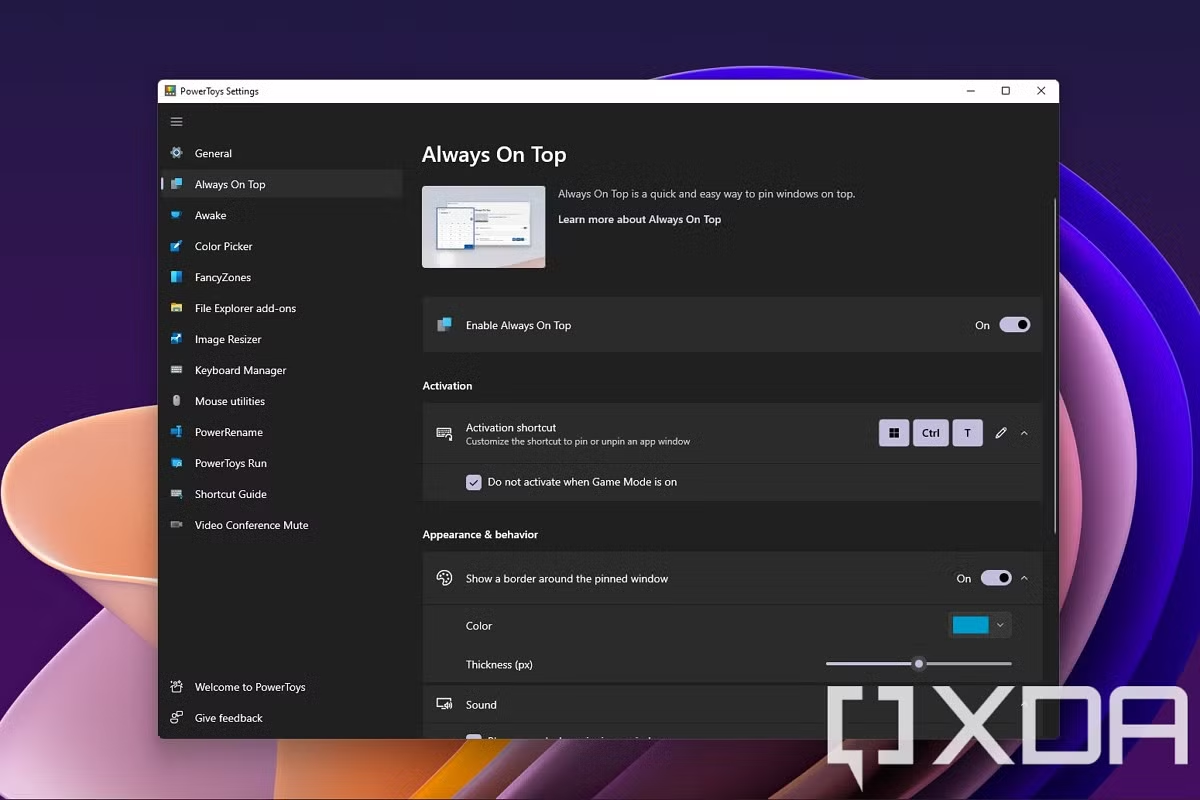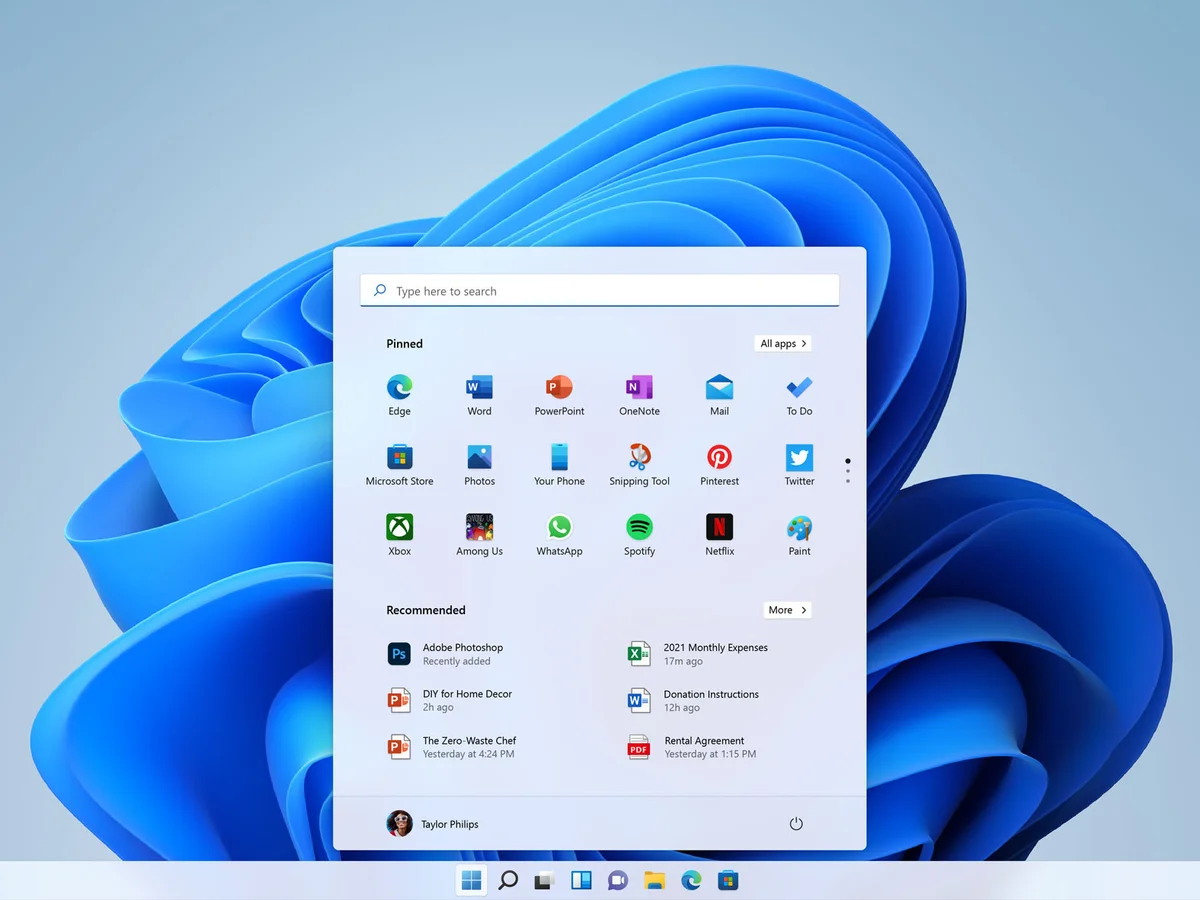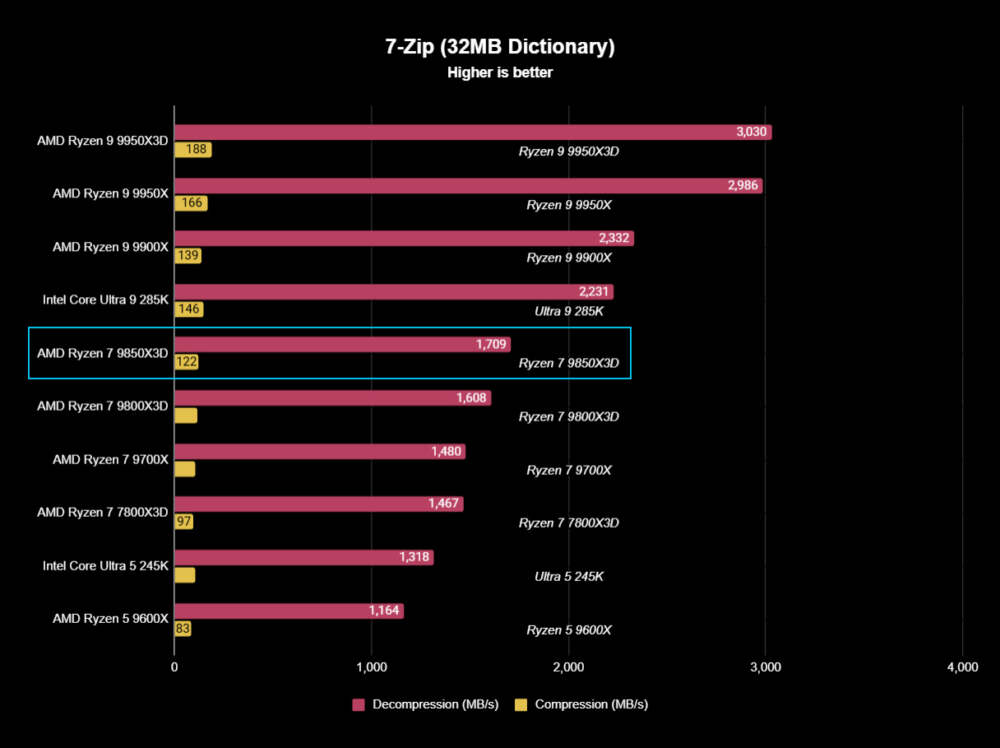In a significant development affecting Xbox users and developers alike, Microsoft has temporarily delisted several popular Xbox games from its online store after a critical security vulnerability was discovered in the Unity game engine. The move, which industry analysts describe as precautionary, underscores the growing emphasis on cybersecurity across the gaming industry and highlights how interconnected modern game development has become.
A Sudden Delisting Sparks Concern
Gamers were quick to notice when several well-known Xbox titles suddenly disappeared from the Microsoft Store earlier this week. Among the affected games were a number of first- and third-party titles built using the Unity engine. While players who already owned these games were still able to access and play them, new purchases and downloads were temporarily halted.
Microsoft later confirmed that the removal was due to a security issue identified in certain versions of the Unity engine, a widely used software framework for game development. The company emphasized that the measure was a temporary safeguard designed to protect users while developers work on implementing fixes.
Understanding the Unity Security Vulnerability
The issue stems from a vulnerability that allows unauthorized code execution in some builds of Unity-powered games. In simple terms, the flaw could potentially allow malicious actors to manipulate files or inject harmful code under specific conditions.
Though there have been no confirmed cases of the vulnerability being exploited in the wild, the potential risks were serious enough for Microsoft to take immediate action. Unity, the company behind the engine, has released a patch addressing the issue, but each individual game developer must now rebuild and reissue their affected titles using the updated engine version.
This process takes time, as developers must ensure that the patch does not interfere with existing gameplay systems, save data, or downloadable content.
Titles Reportedly Affected
While Microsoft has not released an official list, reports suggest that several games built with Unity — including popular role-playing and adventure titles — were impacted. These include editions and bundles of games such as Grounded, Pentiment, and the Pillars of Eternity series.
In some cases, both the base games and their special editions or downloadable content were removed, as they share the same vulnerable Unity framework. Even companion apps and artbook packages linked to these titles were temporarily pulled to ensure full security compliance.
Developers behind the affected games have stated that they are actively updating their builds and working closely with Microsoft to restore access as quickly as possible.
Microsoft’s Response and Security Protocol
Microsoft’s response to the issue has been swift and deliberate. By temporarily delisting vulnerable titles, the company aims to prevent any possibility of user exposure while maintaining transparency with the gaming community.
A spokesperson for Microsoft said that protecting players’ data and devices remains a top priority. The company has reportedly implemented enhanced monitoring on its digital platforms and updated its internal scanning tools to detect potentially vulnerable builds in the future.
Industry insiders view this move as part of a broader trend among major tech companies to take a proactive stance on digital security. In an era where millions of gamers rely on interconnected services and cloud-based saves, even a single unpatched vulnerability can have far-reaching consequences.
Impact on Players and Developers
For most Xbox users, the temporary delisting has not significantly disrupted gameplay. Those who already own the affected games can continue playing them without issue. However, new players interested in purchasing these titles must wait until the patched versions are re-approved and restored to the Microsoft Store.
For developers, the incident serves as a stark reminder of the challenges of maintaining complex software ecosystems. Many smaller studios depend heavily on third-party engines like Unity, and while these tools offer flexibility and cross-platform capability, they also create dependencies on the engine’s security and update cycles.
Implementing the new patch may also pose logistical challenges, particularly for studios managing multiple projects simultaneously or relying on older builds. Nonetheless, most developers have expressed support for Microsoft’s cautious approach, noting that ensuring security is far more important than short-term sales disruptions.
Unity’s Role in Modern Game Development
The Unity engine is one of the most widely used tools in the gaming industry, powering thousands of titles across consoles, PCs, and mobile devices. Its versatility and accessibility have made it the backbone of countless independent and mid-sized games.
However, the recent security flaw highlights one of the drawbacks of widespread engine adoption — when vulnerabilities appear, they can affect a vast number of games at once. As Unity continues to issue patches and strengthen its architecture, the industry as a whole is being forced to reconsider its dependency on shared development frameworks.
Cybersecurity in the Gaming Era
The incident also brings renewed focus to cybersecurity within gaming — a field that has often been overlooked compared to traditional enterprise or financial systems. As online connectivity and cross-platform play become standard, the attack surface for malicious exploitation grows wider.
From compromised mods and phishing attacks to vulnerabilities in development tools, the gaming world is not immune to security threats. Companies like Microsoft, Sony, and Valve now routinely audit their ecosystems for weaknesses, and this latest episode shows how quickly they are prepared to act when risks arise.
Experts suggest that similar incidents may occur more frequently as game engines and middleware continue to evolve. The key, they argue, will be rapid coordination between engine developers, publishers, and platform holders to ensure consistent patching and communication.
Looking Ahead: Restoration and Prevention
Microsoft has assured players that the affected games will return to the store as soon as developers integrate the updated Unity patches and complete the required certification checks. Depending on the size of each project, this process could take anywhere from a few days to several weeks.
Once reissued, the updated versions will be fully protected against the discovered vulnerability, and no further impact on gameplay is expected. Microsoft also indicated that it is developing new automated tools to identify similar risks in the future before they can affect store listings.
For the gaming community, the temporary inconvenience is likely a small price to pay for enhanced security and peace of mind. For developers, the incident serves as an urgent call to keep their engines and libraries current in a rapidly changing digital landscape.
Conclusion
Microsoft’s temporary delisting of Xbox titles over a Unity security flaw underscores how interconnected and interdependent today’s gaming industry has become. What began as a single vulnerability within a third-party engine quickly rippled through multiple studios, games, and players worldwide.
While no harm has been reported, the swift and decisive response demonstrates a maturing attitude toward security — one that prioritizes player safety over convenience. In an industry built on innovation, collaboration, and technology, this episode is a reminder that even digital entertainment must stay vigilant against real-world threats.
















Leave a Reply